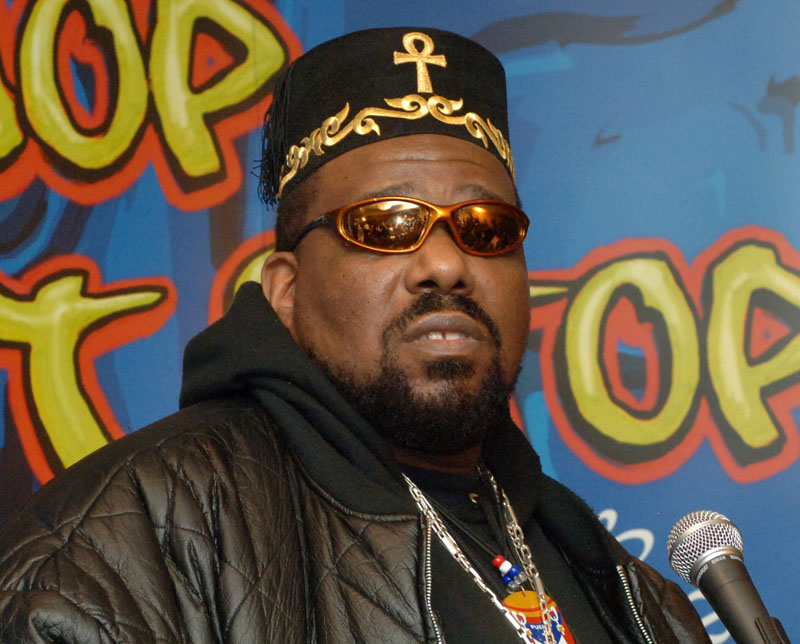Hip-hop pioneer Afrika Bambaataa denies abuse allegations
NEW YORK: Hip-hop pioneer Afrika Bambaataa is speaking out to deny accusations from men who claim he sexually abused them as teenagers at the peak of his career in the 1980s.
"I never abused nobody," the 59-year-old Bambaataa said in an interview this week with WNYW-TV in New York. "You know, this sounds crazy for people to say, 'You abused me.'"
Two men have publicly come forward in recent weeks to accuse the rapper, and three others have made allegations anonymously in news reports.
Ronald Savage, a 50-year-old Democratic Party community advocate, said he was 14 when he took a cab to Bambaataa's apartment in the Bronx seeking to become a part of the rapper's hip-hop group Universal Zulu Nation. There, he said, Bambaataa fondled him.
"I was scared, but at the same time I was like, 'This is Afrika Bambaataa," Savage told The Associated Press, recalling, in detail, that encounter and four others that he said followed.
Bambaataa denied Savage's allegations and said he was never even alone with him. "I ain't touch this brother whatsoever," he said in the TV interview.
Savage acknowledged he never spoke of the allegations to anyone until decades later, after contemplating taking his own life and seeing a therapist.
"I just remember Bam being so big and laying on top of me," Savage said. "It confused me. I really started disliking myself."
Another man, Hassan Campbell, told the New York Daily News that Bambaataa had sexually abused him when he was 12 and 13 years old. The now 39-year-old said he used to stay at Bambaataa's house and viewed him as a father figure. A phone number listed for Campbell in public records wasn't in service and other attempts to reach him were unsuccessful.
The AP does not generally name people who report being sexually assaulted unless they come forward publicly, as Savage and Campbell have done.
Bambaataa's attorney, Vivian Tozaki, told the AP that the allegations were aimed at hurting her client's reputation "so as to lower him in the estimation of the community while deterring others from associating or dealing with him."
Bambaataa rose the fame in the 1970s and 80s as a DJ who released a series of electro tracks that many consider helped shape the hip-hop and electro-funk music movements. He also was one of the first DJs to use beat breaks.
Bambaataa's and other recent cases in which accusers have come forward years later have brought attention to another issue — a push by lawmakers to eliminate New York's statute of limitations in child sexual abuse cases.
Currently, New York law requires people who claim they were abused as minors to come forward before they turn 23 in order to file any civil or criminal court action, among the shortest such windows in the nation.
Dozens of advocates and New Yorkers who said they were molested as children traveled to Albany last week to lobby lawmakers to pass the legislation. A spokesman for state Assembly Speaker Carl Heastie, a Bronx Democrat, has said the bill will be discussed in the majority Democratic Conference this year.






